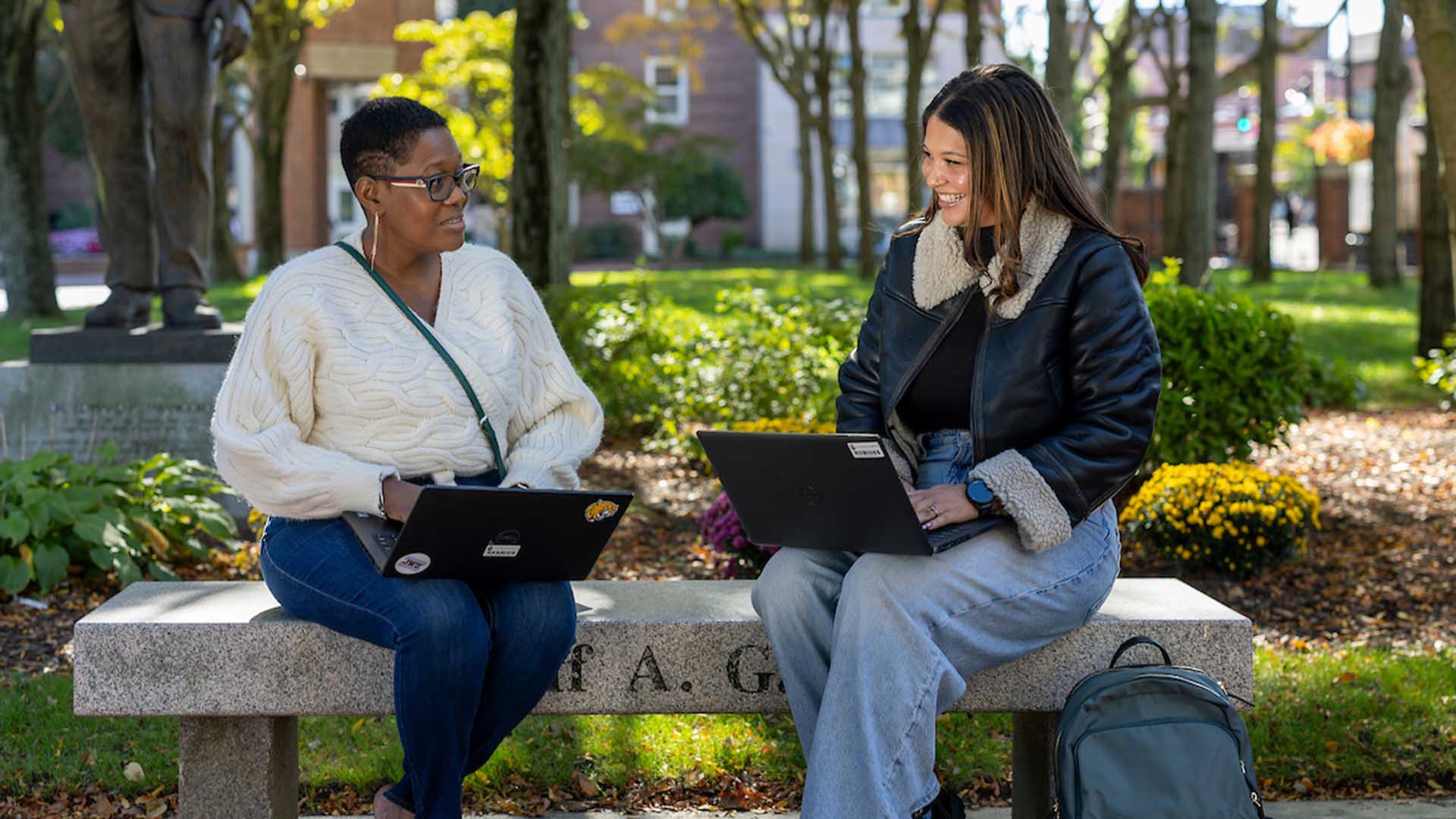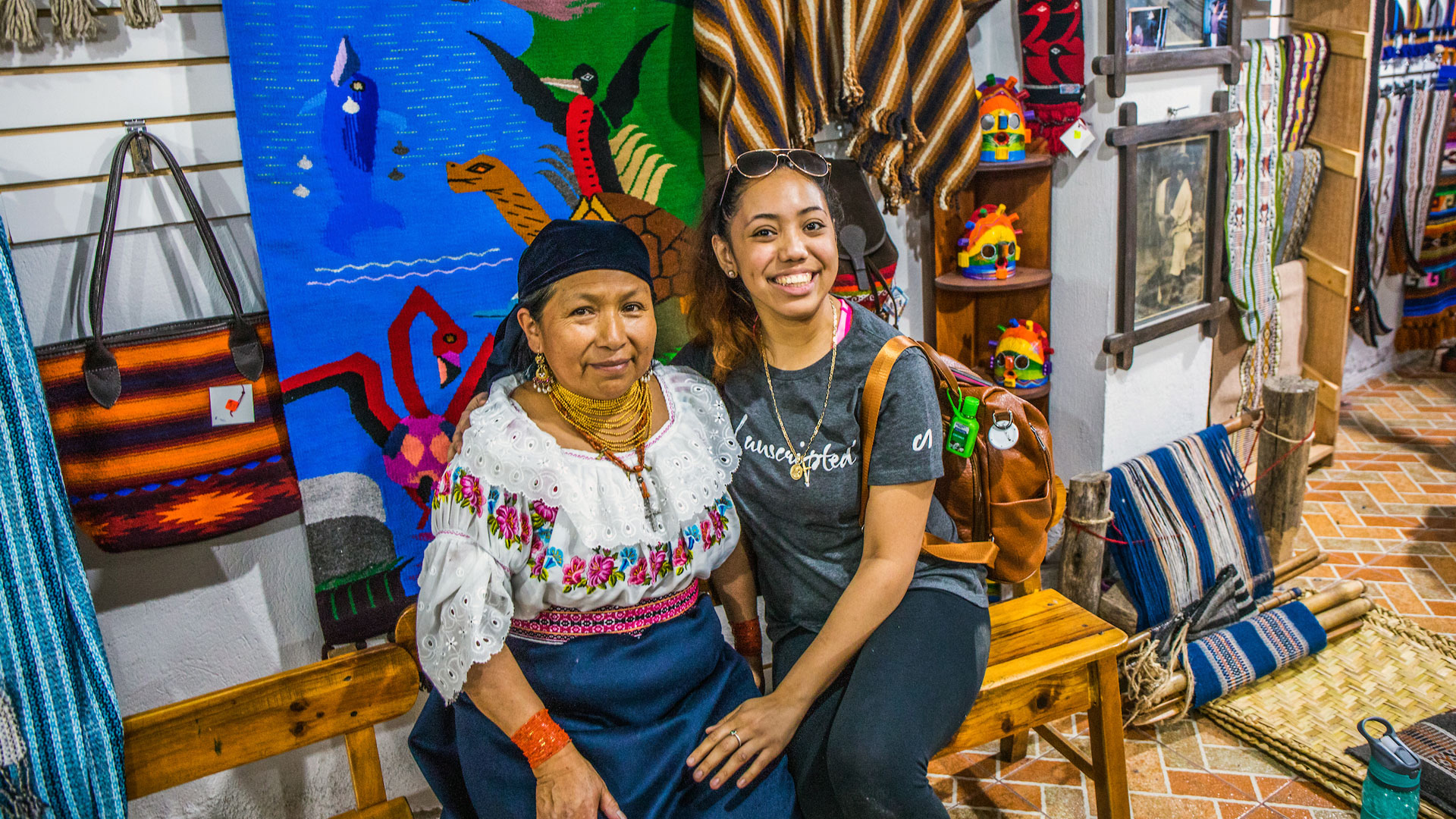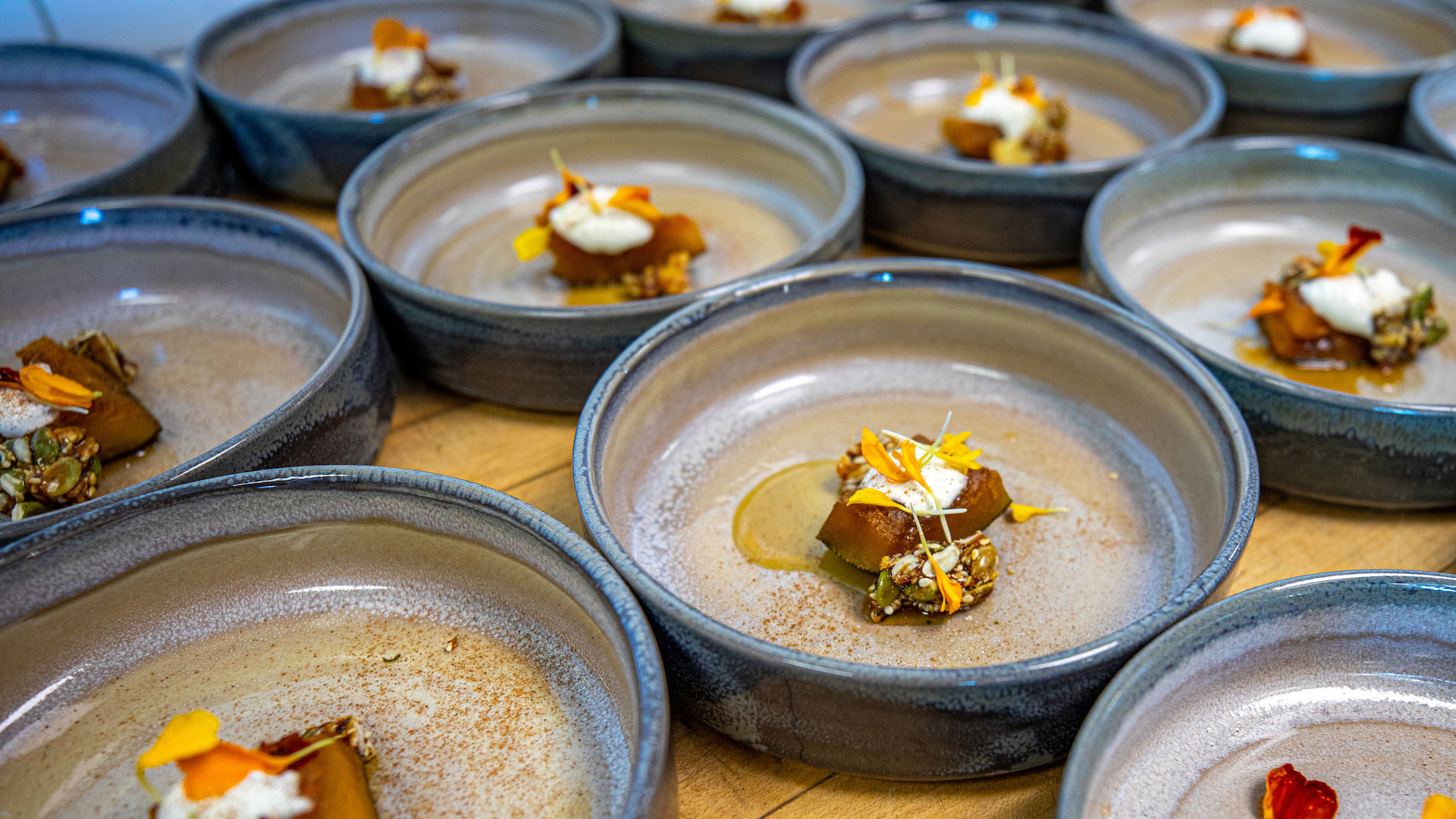Farm-Fresh Education
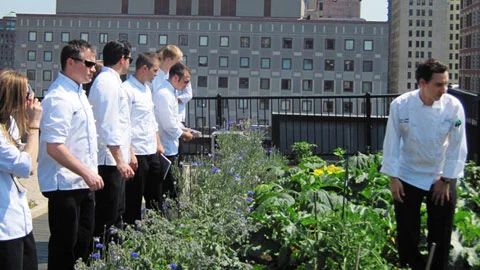
“Educating a chef isn’t just about techniques and recipes,” the Providence Journal’s Gail Ciampa writes in her recent profile of JWU’s Wellness & Sustainability elective.
Students in the labs that make up the elective — Plant-Based Cuisine, Farm to Table Desserts and Conscious Cuisine — aren’t just cooking locally-produced food — they’re meeting farmers, learning about the supply chain and, in some cases, sourcing farm-fresh produce.
And, notes Ciampa, the focus on more healthful ways to eat “meets the needs of students, as well as those of diners and the food community.”
“This is not a trend. It’s got staying power,” William Idell, College of Food Innovation & Technology assistant dean, told Ciampa. “Eating more fresh, minimally processed food is the simplest thing you can do. But you need to have access to that good local food.”
Idell introduced Wellness & Sustainability 3 years ago. Now it is a crucial part of JWU’s “Changing the Way America Eats” initiative focusing on new courses, degrees and collaborations in nutrition and sustainability.
All 3 labs culminate in Chef’s Tables, a final team-based project where students produce a 5-course meal for guests seated right in the kitchen.
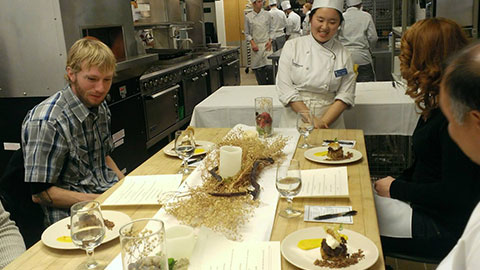
Ciampa joined students for two separate Chef’s Tables, both part of Branden Lewis’ Plant-Based Cuisine class.
Students presented their dishes and the inspiration behind them. Eric Brown’s group called their meal Winter Phenomena: “In the dead of winter, I wanted to translate snow.”
Dishes included Hibernation, a beautiful egg-custard dish with edible flowers, and First Snow, a tofu dish with tender greens.
Ciampa was clearly impressed, describing the dishes as “delightful,” “delicious” and “remarkably beautiful.”
Her final comment? “The meals proved another of Idell’s points — that is, ‘Local food tastes good.’”

